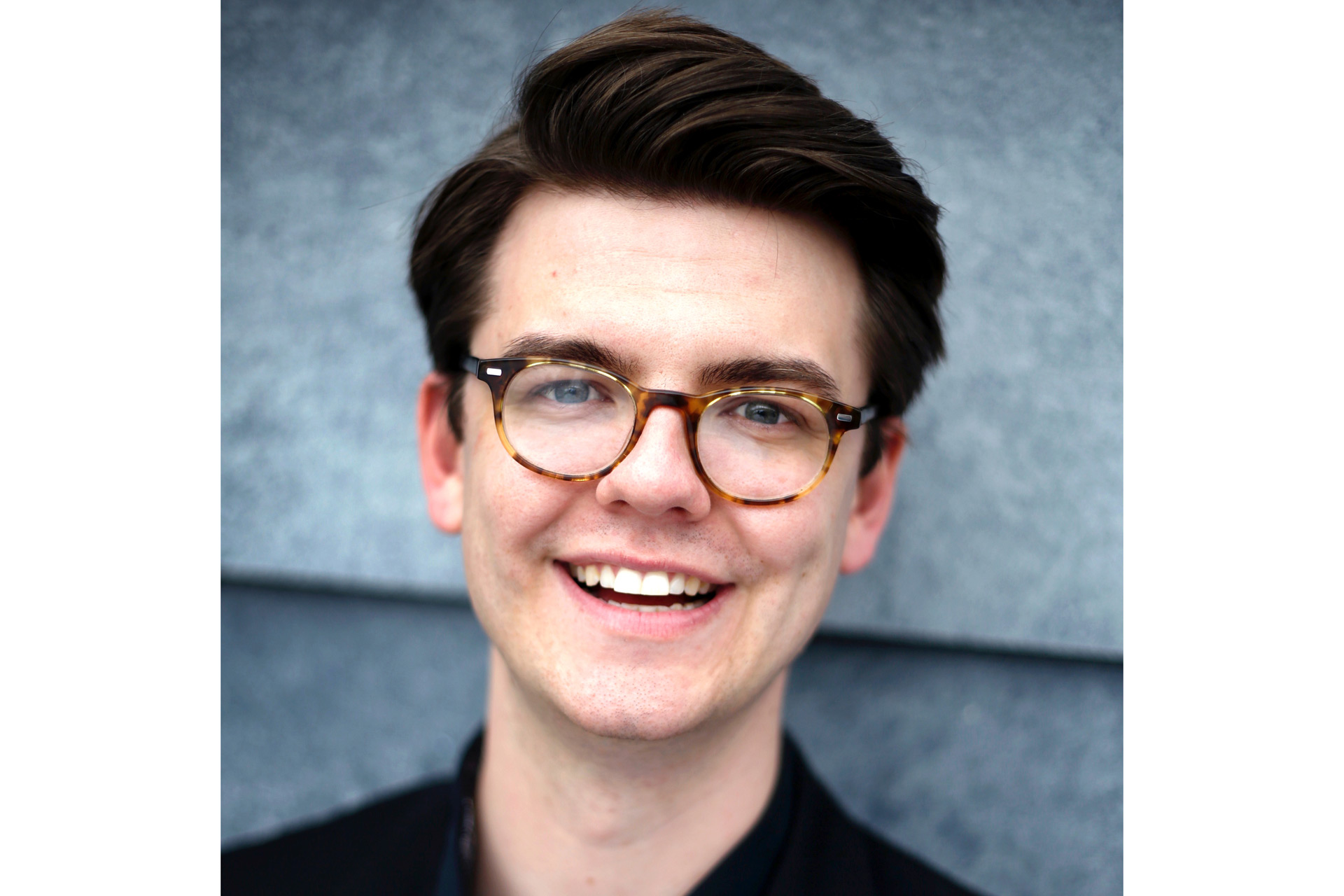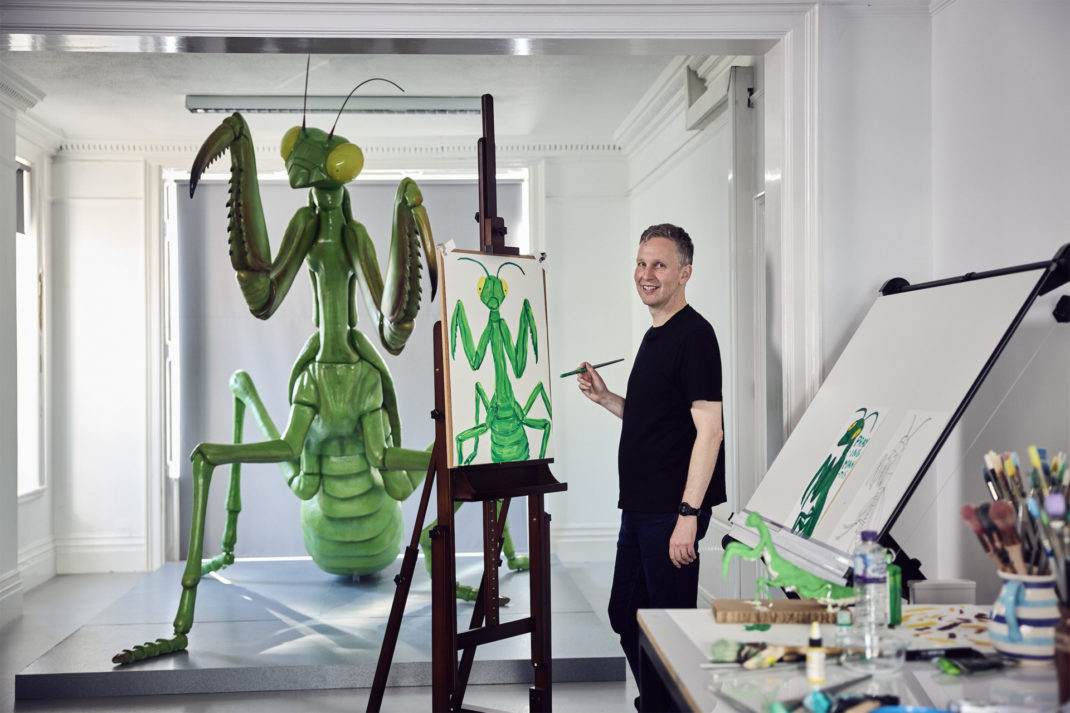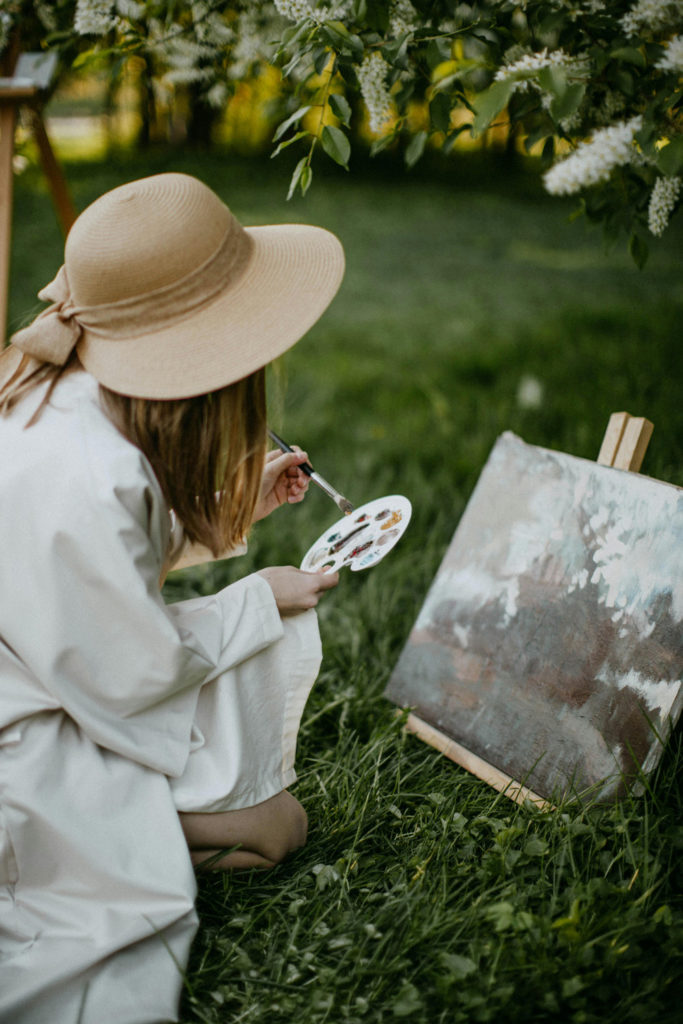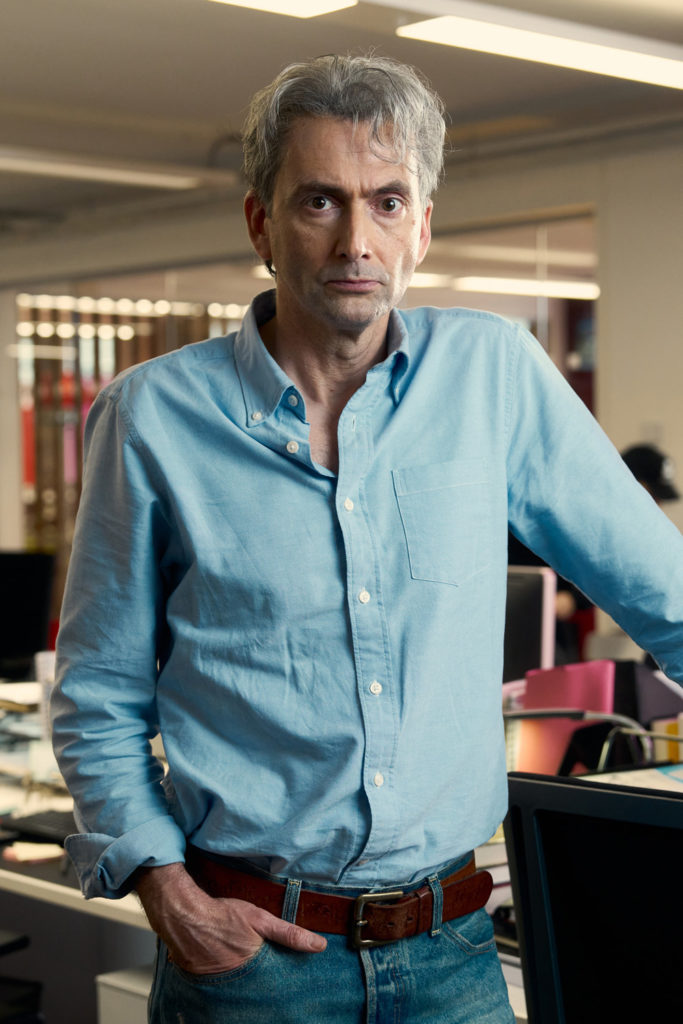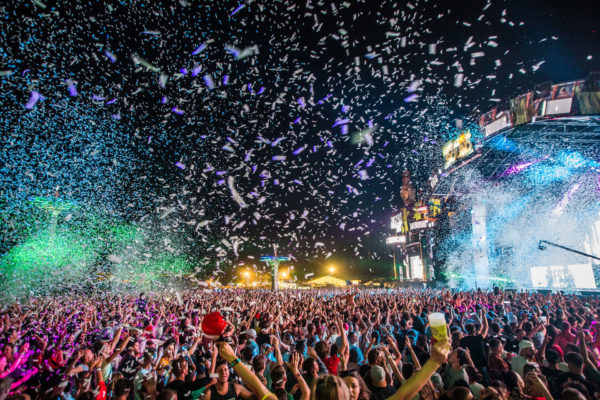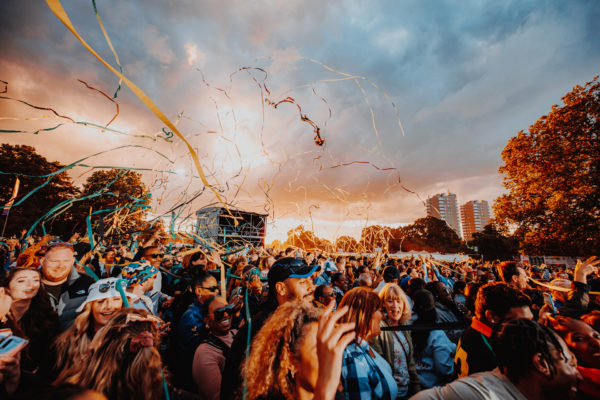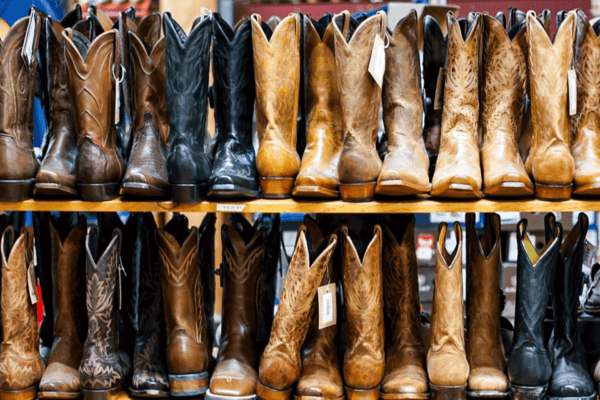‘You can have a pint and then watch an opera’ – Interview With Guy Withers, CEO of Waterperry Opera Festival
By
2 years ago
Don't think opera's for you? Think again...
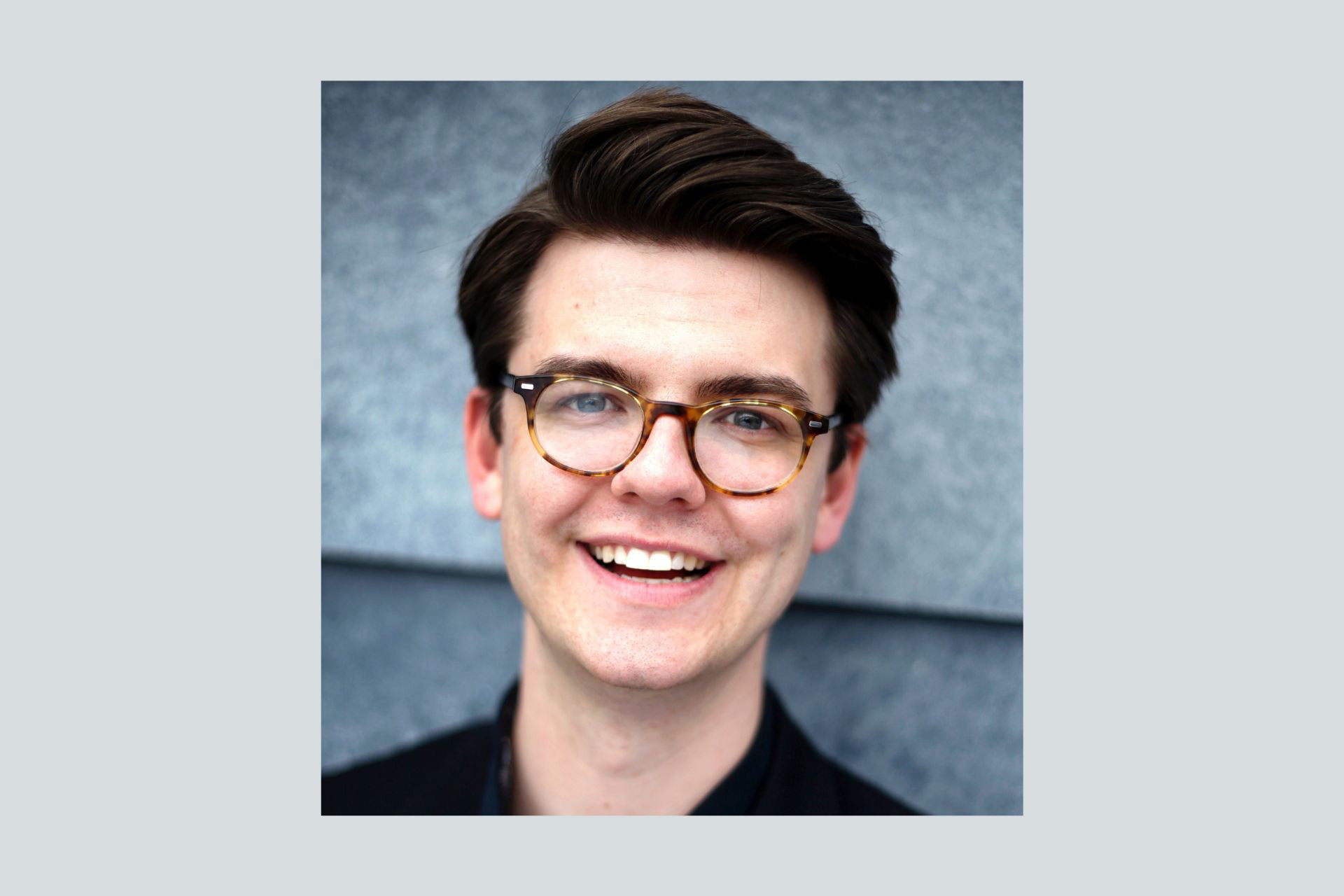
Guy Withers fell in love with opera at 15 years old during a chance visit to the Sydney Opera House. His journey since then has been remarkable: he is the Artistic Director and CEO of the renowned Waterperry Opera Festival, a vibrant and ultra-unique event set in the gorgeous Waterperry Gardens in Oxfordshire. Martha Davies sat down with Guy to discuss how it all started – and what it feels like to be recreating his own epiphanic opera experience for a new generation of opera lovers.
Interview With Guy Withers, CEO of Waterperry Opera Festival
Hi Guy, it’s great to be chatting with you! Can you tell me a bit about Waterperry Opera Festival and how it all started?
Waterperry as an estate is hundreds of years old; it’s a beautiful country house with wonderful gardens. It was privately owned for many years, and it’s owned by a charity that really likes to celebrate arts. For many years – from the 1970s up until about 10 years ago – they hosted their own Arts Festival, a huge, world-renowned arts festival called Art in Action. But unfortunately, it closed, and me and my other colleagues – Rebecca Meltzer, who’s a director, and Bertie Baigent, who’s a conductor – had a conversation with the estate. Being a producer, a director and a conductor, we said, ‘We think we can do something really special here.’ So we worked with the estate to develop something really unique and really specific to their place, to their community, and to create something really innovative and different. That was in 2017, and it took a whole year for us to have our first festival. In that time we grew from nothing: we grew an organization, created a board, a company, a brand, created everything from scratch. We organized the festival, cast everything, fundraised everything, and really tried to make a new model for opera festivals.
You were involved in theatre as a teenager and went on to study music. What drew you to opera itself?
Most people don’t know opera, right? The average person doesn’t think about it, they don’t think it’s something they’re interested in. So most people find opera because they’re introduced to it by somebody – they don’t just go searching out for it. And that’s really sad, and it’s what we’re trying to do with the festival: to create a space where opera sounds really interesting and exciting. Where you can go and have a pint or get your food at the van, then sit down and watch an opera.
My story is that I sang as a young boy – I really enjoyed singing and I really enjoyed doing community theatre. I already really loved those things, but I never thought opera was something I’d be into. But I was very lucky: my parents and I were on holiday in Australia, and they said that, since we were in Sydney, we should visit the Sydney Opera House. They hadn’t seen an opera either – my parents love theatre and music but they didn’t know anything about opera. But they took me to see a production of Rigoletto by Verdi, set in a gangster, sort of Godfather era. And I was transfixed. I thought the music was amazing, really loud and passionate music; the action was amazing – because in Rigoletto there’s death, there’s a scandal, there’s all this sort of stuff – and I thought, god, this stuff is really amazing. And I was transformed. I came out of there and I said, ‘This is what I want to do. I want to do this as a job.’
It was an epiphany moment: whether it was singing or whatever, I knew that I wanted to do this. It just seemed like the most powerful, exciting, sexy thing I’d ever seen. And so I came back home after the holiday and I joined the local Opera Society, and that was it, really. I then went to Cardiff University, and after that I went to the Royal Academy of Music to become an opera singer. And that’s how I came into opera: it was that epiphany moment, and I fell in love with it. I think that’s the case for many people: if they’re lucky enough to be in the room to see an opera, and they are moved by it, they’re converts for life. I’m very, very lucky, because if we hadn’t gone to the Sydney Opera House, I’d never be an opera singer, and I’d never have become an executive. So that’s the story.
It’s amazing that you get to create that moment for other people. It must be such a wonderful feeling to be able to do that every year.
Exactly. That’s the magical thing: for so many people, I get to be their first opera experience. As a company, in fact, 10 percent of our audience is new to opera every year – they’ve never been to the opera. And for another 20 percent, we are their only opera experience every year. So for a third of our audience, basically, they are either entirely new and have never seen opera before, or they only ever come to our festival, because maybe they don’t feel welcome elsewhere. (I mean, it’s definitely cheaper to come to our festival – much cheaper.) And so, for thousands of people, we are their opera. And that’s really exciting. I get to give that to them. Because what’s the point if you can’t inspire a new generation of people to get really excited about opera, but in a familiar setting, at a festival or outdoors, with their friends? It’s all about the experience: you can sit there and let it wash over you. And once people come, they’re converts, and they come for years and years.
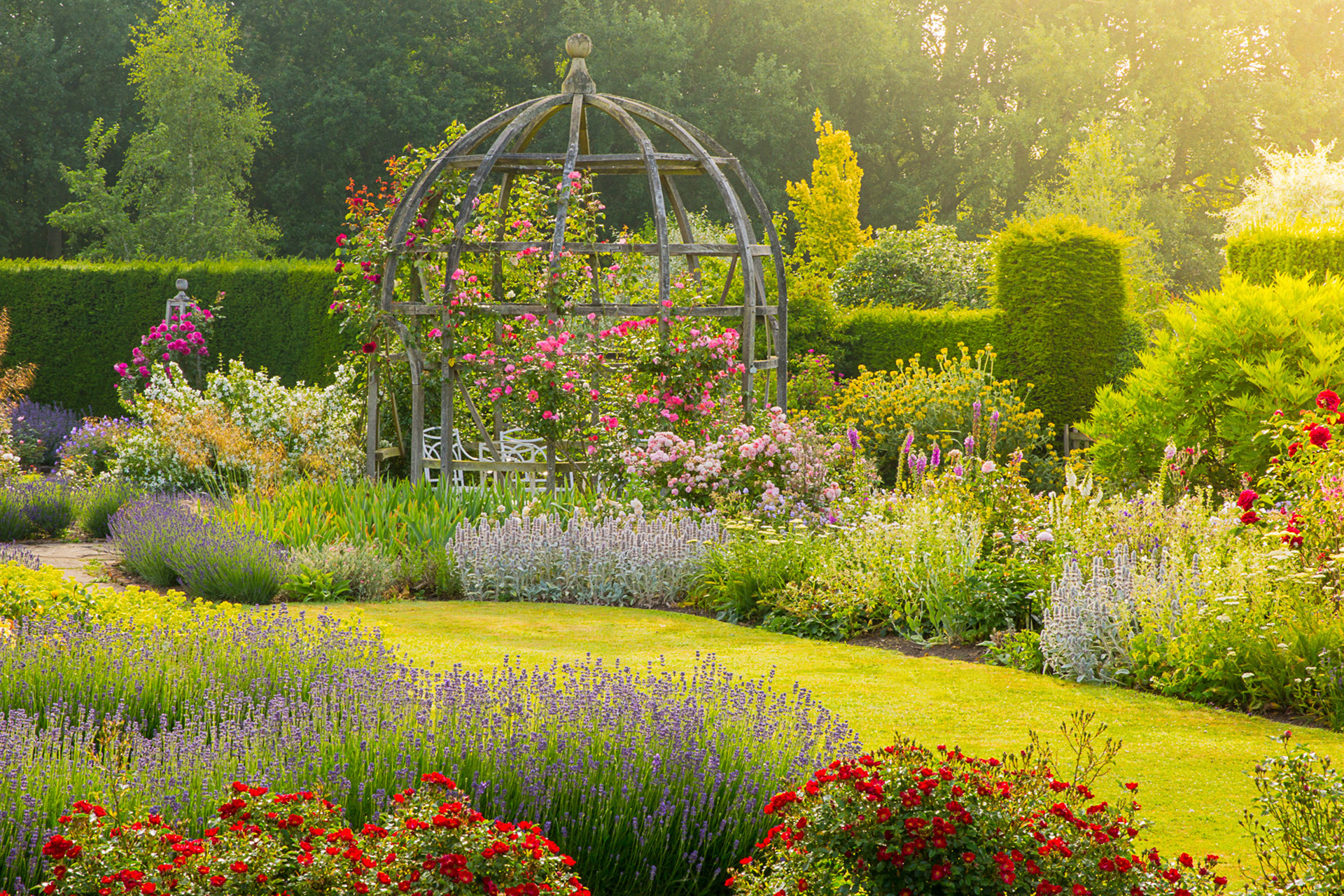
Waterperry Gardens
It seems like the festival showcases opera in a really unique way, catering to those who might not have experienced opera before. What do you think makes the festival so special?
I think we’re very lucky that we have one of the most beautiful places in the country. I mean, the gardens have a wonderful history and heritage anyway, they’re very famous. But to have that beautiful house and estate means that what you’re inviting people to is an incredibly attractive place to come. And that’s really the crux of the experience that we offer: it’s an environment that you want to bring your friends to. It’s sociable; you can have all the hospitality, food and drink. You can bring your own champagne, or you can get a bottle of Stella from the supermarket, or you can buy a hamper – but you make your experience, you bring your friends, you make those memories.
Then, I think it’s about what we produce. Because we offer productions of all shapes and sizes – productions of all different kinds for so many different people. So it’s not just, ‘Here are three or four big operas that you might like.’ We’re doing eight different productions this year. Everything from a Peter Rabbit show for three year olds, to a Roald Dahl show for five year olds, to an outdoor production of Carmen – really exciting and passionate and bold – to a Night at the Proms concert, and we’ve got our immersive Jane Austen production and our Vivaldi’s Four Seasons dance project. Every single thing we have is for a different audience at a different time of their life or a different experience. So if you’re new to opera, maybe you don’t want to go and see the weirder stuff, but that’s fine. But if you’re an opera aficionado, we can produce something in a really unique and different way that you won’t have seen before. Since we haven’t got a theatre, we build everything from scratch, so every single thing we do is unique. We can do things like fireworks and cars and all sorts of things you can’t do at Glyndebourne, for instance. So you might have seen a million Carmen‘s, but you haven’t seen a Carmen like ours. So I think we try to cater for everybody who already loves classical music and opera, but also for new people. It’s like a gateway drug into opera.
The festival has a real focus on families and reaching younger audiences. Was that something you wanted to build into the festival from the start?
Yes, absolutely, I think everybody needs that first experience, and the younger you can get people engaging with opera, the better. So, yes, I wanted to make something that would be attractive to young people. When I was very young, I didn’t see a lot of classical music; it wasn’t a world that I knew very well. So I wanted to create a festival that had lots of engagement for families. If you’re a mum or a dad or a grandparent with a couple of kids, and it’s a Saturday afternoon in the summer, and you don’t know what to do – well, we’ve got the answer for you.
I didn’t want it to be a festival that was just about adults. I wanted it to be about every generation: from two until 200, you can see something that is exciting. From the very start, I wanted it to feel like Waterperry was a place where everybody was welcome, and that this is something made for them. And it’s worked really, really well: we’ve had thousands of children come to the festival, and my hope is that as they grow up and they see more and more, so that, who knows, in ten years time, maybe they’re still buying a ticket, or maybe they’re on the stage themselves. So we can develop a whole community around the work that we do, whether that’s through really specific programs, or shows for young children, or workshops in schools.
I think it’s also about the instruments: I didn’t see a real instrument until maybe I was in my teens – I hadn’t actually watched somebody play. So for a child to walk up and see a cello, to see a flute and touch the flute – those things, they’re really transformative. It’s like a core memory for a child. It’s just opening up that world. And those projects have been really successful, and we really believe in them. It’s really inspiring when we see five year olds running about and having a wonderful, artistic time. It makes us feel like we’re doing the right thing.
Can you tell us about the children’s productions at the festival this year?
This year, we’ve got two. Peter Rabbit’s Musical Adventure is for young children from around two to five years old. We created that six years ago – the production has been part of our festival for a long time. We took Beatrix Potter’s lovely story of Peter Rabbit and we pulled it apart and added in classical music and string quartet music to really elevate the story and make a kind of soundtrack for the story. And so one narrator will lead these young children through the story of Peter Rabbit, with a little orchestra accompanying all the sounds, all the ideas, so that when an idea is created, there’s also a musical idea. It’s introducing children to the sound of instruments from a really young age, and we’re doing it all in our garden. (Waterperry often has bunny rabbits running around in the flowers, so it’s actually like Mr. McGregor’s garden.)
Roald Dahl’s Revolting Rhymes is a much bigger project that we’ve been planning for a number of years now. It’s a co-production with Opera Holland Park and the Roald Dahl Company. Again, it’s a live band, a live orchestra, and three actors creating the stories. And it’s a much bigger project with a big set. It’s for slightly older children – I’d say maybe five to 12, or six to 11 – although kids of any age are welcome, particularly older ones. The idea of it is something, again, really imaginative and musical and exciting. Plus, there’s a really interesting story about Roald Dahl, because he used to come to Waterperry as a child: he actually befriended one of the head gardeners who used to run the gardening college, and when he wrote Matilda, he based Miss Trunchbull on the scary character of this gardener. He liked her a lot, but she was really scary. So in the Roald Dahl Museum in Great Missenden – where we’re also touring to – there’s a letter saying that Miss Trunchbull was based on this lady from Waterperry.
The festival is all about ensuring opera is inclusive and accessible. Can you give us an insight into how you go about doing this with your productions? What does inclusive and accessible opera mean to you?
I think the price point is the first thing: some of our tickets are free; and if you’re under 35, or if you’re under 16, it’s massively reduced. [Waterperry offers free tickets to Vivaldi’s Four Seasons for viewers under 16.] There are loads of different projects and there are loads of opportunities, whatever your price point, so we try to remove the fact that ticket price is often a problem for young people, or anybody really, of any age, particularly right now. That’s the first thing.
The second thing is that we really built a sense of ownership and belonging: most people don’t want to come [to the opera], not because it’s too expensive, but because they don’t feel like it’s for them. They don’t feel like they’re going to fit in, they don’t feel like it’s really made for them. So that’s what we’ve tried to do with different types of projects: to say, well, there is something here for you, whatever age you are, or whatever interests you have, there’s lots of exciting things here. And it helps by showing operas in English, so you can understand, and it’s really informal and relaxed. And [we wanted] to show people that there’s a bar, there’s a restaurant, there’s food vans – the whole thing is really familiar. It’s not quite like going to Glastonbury, but it’s more like an arts festival than it is an opera festival. It’s cool, it’s fun, it’s relaxed, you’re going to have a good time.
The final thing is that there are accessibility issues: it’s a long way to get to, and it’s not an easy site to get around. It’s a beautiful big garden, and that’s great, but how do we look after people once they get here? So we try to help those with access needs, whether that’s special access parking or access assistance. And we’ve tried for the first year to put a shuttle bus on as well. It’s a new initiative for us, and it runs from Oxford City Centre to Waterperry. So if you haven’t got a car, you can get here – although you can also get a bus to somewhere close by, or you can cycle. It’s a really big battle, and much more difficult than if you are at the English National Opera or the Royal Opera House, because you can just get the tube. But we try our best. It’s tough, but it seems to have worked well, thus far.
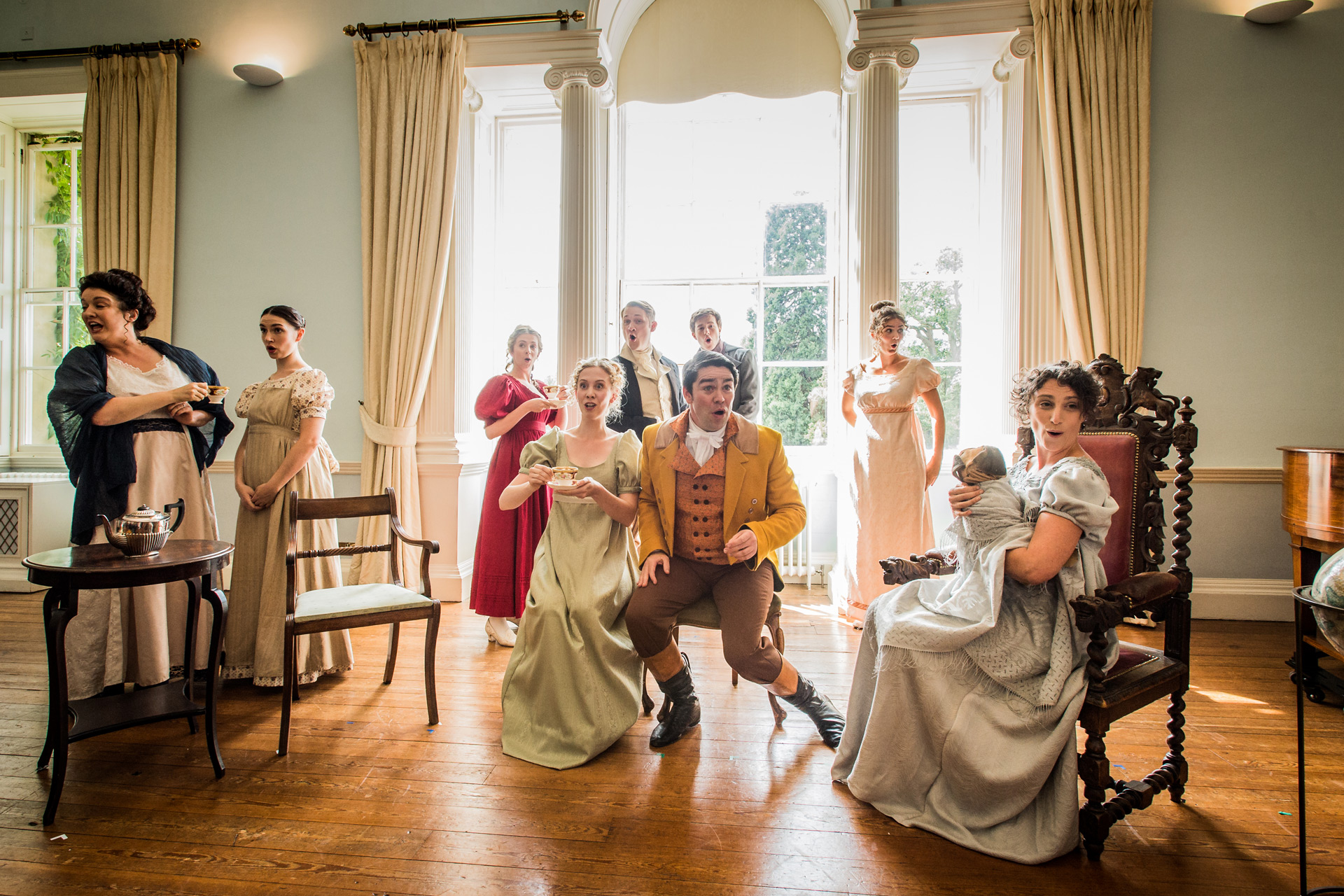
Mansfield Park performed in the ballroom at Waterperry House
The immersive Mansfield Park production is a real highlight of the festival. Can you tell us a bit about it?
It’s our most beloved production. We have the beautiful Waterperry House, and I think that’s the thing: what you can do at a festival is open up a house that’s normally closed off. So for many people who love country houses, actually coming inside and getting to see the house is a really amazing part of it all. So we have this lovely ballroom, and we discovered this opera about Jane Austen’s Mansfield Park, an opera created by Jonathan Dove, who’s now our patron. And we built a production that would live in the ballroom, and the characters could walk around, and as you enter the house, there are footmen, and Sir Thomas writing a letter – the idea being that actually it comes alive. As you come in, you’re transported: through your experience of coming to the opera, you’re transported back to those times. And because the ballroom is so intimate – there are only 80 seats – the opera singers are right next to you. The house is the set, so they’re coming in and out, they’re running around, and you feel like you’re in the middle of a Jane Austen world. It’s the most emotional and uplifting thing ever.
The Young Artist Programme is another amazing part of the festival. Could you explain what the scheme is and how it works?
Opera is a very expensive art form to get into; it’s very expensive to train, there are very few opportunities, and if you haven’t got money or a network, it’s very tough to get started. So what we wanted to do was create a program that was fully funded. We fund everything: all the artists’ food, their travel, their accommodation, their masterclasses, their lessons, their productions – they haven’t got to pay anything at all, they haven’t got any expenses. And we also wanted to offer them an experience that was hands-on: the singers, directors, designers that they’re working with are some really amazing professionals. Also we’re giving them help with their CVs, we’re giving them headshots, we’re giving them recordings, we’re even giving them advice on their taxes – because when you’re 19, you don’t know how to do a tax return if you’re a jobbing singer. So it’s about all those things.
We’ve had some great success: in 2019, we took a chap called Jamie Woollard, who had been working in financial administration but wanted to become an opera singer. He came to audition for us and we just thought, ‘You’re amazing, you’re raw talent – what can we do?’ So he joined our program and we gave him singing lessons, we gave him all these experiences, we taught him. And now he’s singing at the Royal Opera House. So, four years later, a man who almost wasn’t singing at all, we can say – and he says it – that he is where he is now, singing at the Royal Opera House, because of our program. And that’s amazing for me, because, when I was young, I was lucky enough to have some training – but what if I hadn’t found it? So to find people who clearly are amazing singers, and to be able to help them and try to get them to where they can be, that’s really exciting for us.
What’s your favourite opera?
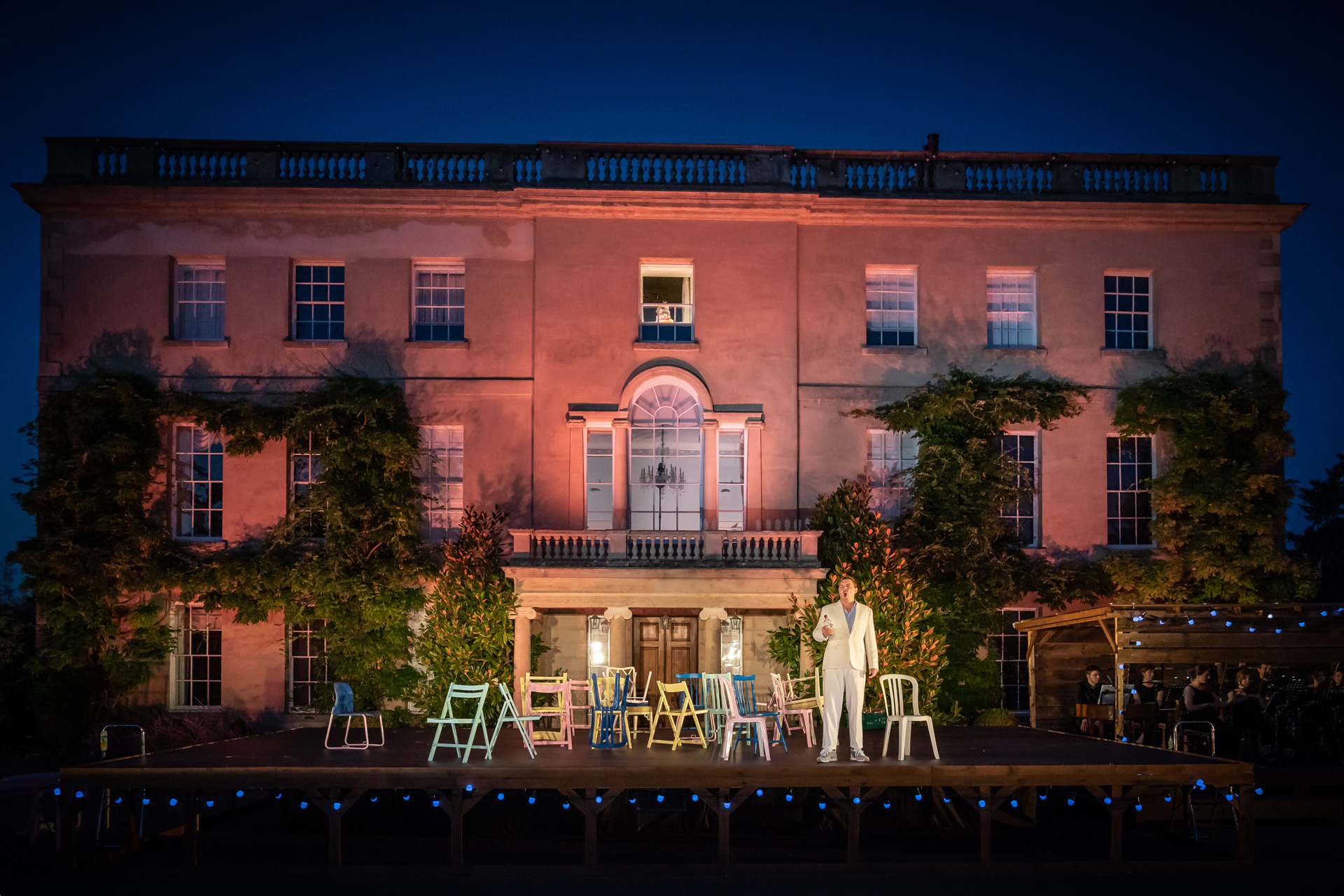
The Marriage of Figaro performed at Waterperry
It’s really difficult, because I think it depends so much on how you feel day to day. I love Britten. So I love Turn of the Screw, I love Peter Grimes, I love Billy Budd. But I also love Mozart. And I think Mozart is eternal – you have to come back to him all the time, and every time I hear his music on the radio, I’m so inspired. The Marriage of Figaro is so inspiring, and The Magic Flute. Mozart and Britten are so wonderful, and audiences love them. And what’s really great about the Marriage of Figaro is that it’s dramatic, it’s funny, it’s vibrant, and it’s been a favorite of audiences for centuries. I think that if something like that can stay so important to people, to audiences new and old, then it must be wonderful. We did it last year at the festival and it was just so inspiring.
QUICKFIRE
The last show you watched? The West Wing, or BBC Cardiff Singer of the World.
What are you most looking forward to seeing? A Glyndebourne production of A Midsummer Night’s Dream by Britten.
Favourite film of all time? Moonrise Kingdom by Wes Anderson.
Favourite painting? The Kiss by Klimt.
A singer you always have on repeat? James Taylor.
My ultimate cultural recommendation… The V&A.
My cultural guilty pleasure… The Real Housewives of Beverly Hills, or Below Deck.
VISIT
Waterperry Opera Festival runs from Friday 11th-Sunday 20th August 2023. waterperryoperafestival.co.uk

